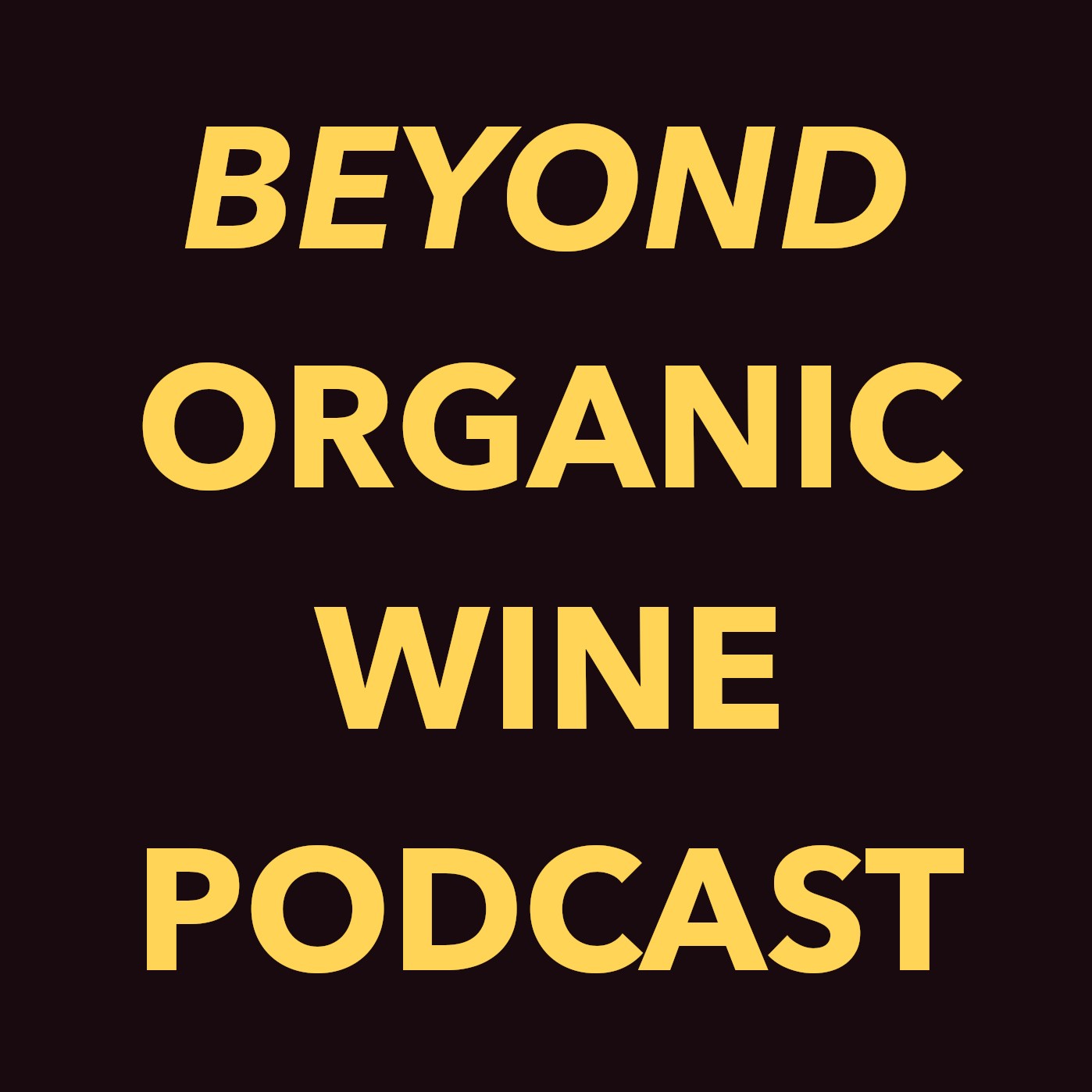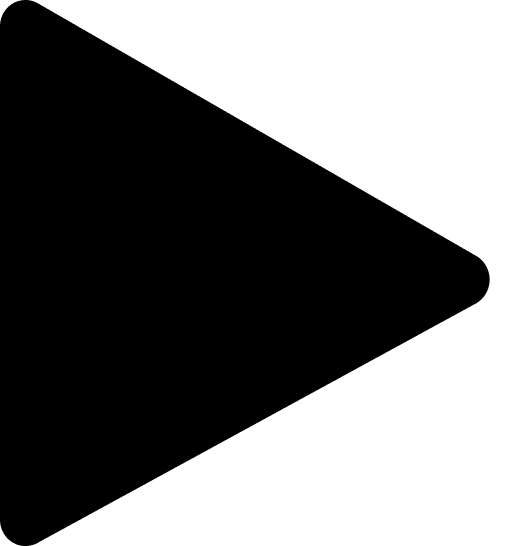“To care for what we know requires care for what we don’t, the world’s lives dark in the soil, dark in the dark.”
“Forbearance is the first care we give to what we do not know. We live by lives we don’t intend, lives that exceed our thoughts and needs, outlast our designs, staying by passing through, surviving again and again the risky passages from ice to warmth, dark to light.”
- Wendell Berry, A Small Porch
I care deeply about the natural world. That’s why I do this podcast. And of course when I use the words “natural world” these aren’t exactly the right words. They’re just the poor abbreviated metaphor of the English language for something Wendell Berry refers to elsewhere in A Small Porch as “the presence of the world being made, a fabric of interdepending wonders, moment by moment completed in beauty, leaf shadows on light leaves moving.” The Forbearance Berry mentions describes what it looks like to love in a world where we know so little. It reminds us that our actions have consequences much bigger and that last much longer than what we intend or even know, and the preeminent gift we can give to what we love is forbearance – patient self-control, restraint, avoidance of urge fulfilment and impulsive action.
When I first fell in love with wine and developed a taste for my favorite grape, I wanted to find some perfect terroir that rivaled the Crus of France and grow the worlds greatest version of my favorite thing. I’m really lucky I’ve never been rich enough to do all the stupid things I wanted to do with the earth.
Having said that, I have lived long enough and been fortunate enough to finally get access to a piece of beautiful land. I’m also fortunate that this land came into my life after my ecological consciousness had been awakened and begun to be educated. I remember walking the land for the first time and thinking how absurd an idea it is that land can be “owned.” I remember how seeing the roll and slope of the land, walking its forests and meadows, made my heart beat faster. I fell in love with it, and this love made me terrified to harm it. It is something in itself, I realized. Not something for me to calculate as an asset, not a commodity to harvest. As Berry says, “The conversion of trees to wood to money, which is all 'the economy' asks, is limitlessly the mistake of arrogance, for it is the forest, not the tree, that is the source of economic good; the forest as the whole community of itself, its lives living as the gifts of lives lived.”
This episode is the first of a two part conversation I had with Nicolas Haack. You may remember Nicolas from the episode just a couple weeks ago, as he was the consultant for the vitiforestry project implemented at Staffelter Hof, the oldest winery in the world. Nicolas is one of the founders of Triebwerk, an agroforestry consulting company in Germany, and vitiforestry projects are one of the kinds of agroforestry that he helps implement. So, naturally, I had to talk to him some more.
This first part is a conversation about engaging in a process of forbearance before embarking on any viticultural or agricultural implementation. We talk about the kinds of questions to ask, and analysis that’s advised, before acquiring a piece of land and altering it to achieve your goals. There are many valuable insights scattered throughout the conversation, but I hope the most important thing you takeaway is questioning your goals. Is what you want what’s actually best for a given place?
As Berry says, “We must acknowledge first that it is dark, and we are blind by sight.”
https://www.triebwerk-landwirtschaft.de/
Support this episode by subscribing via patreon.
Sponsors:
https://www.centralaswine.com/


 Play
Play
